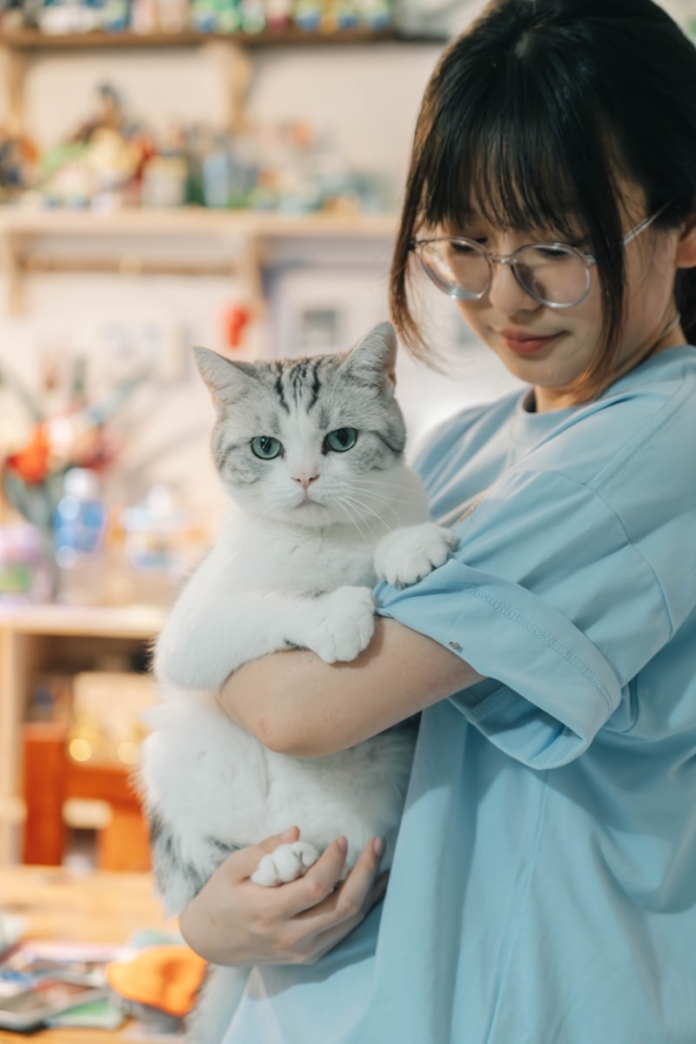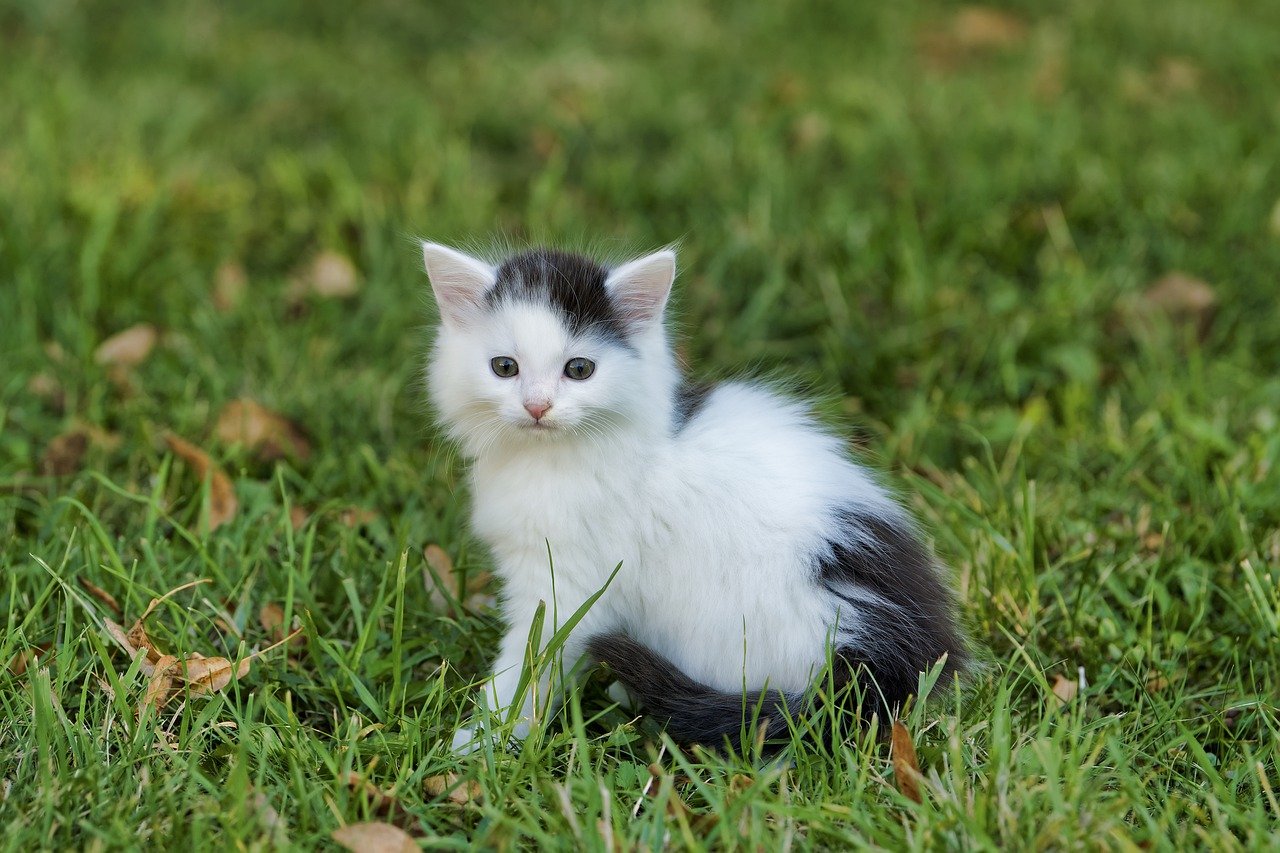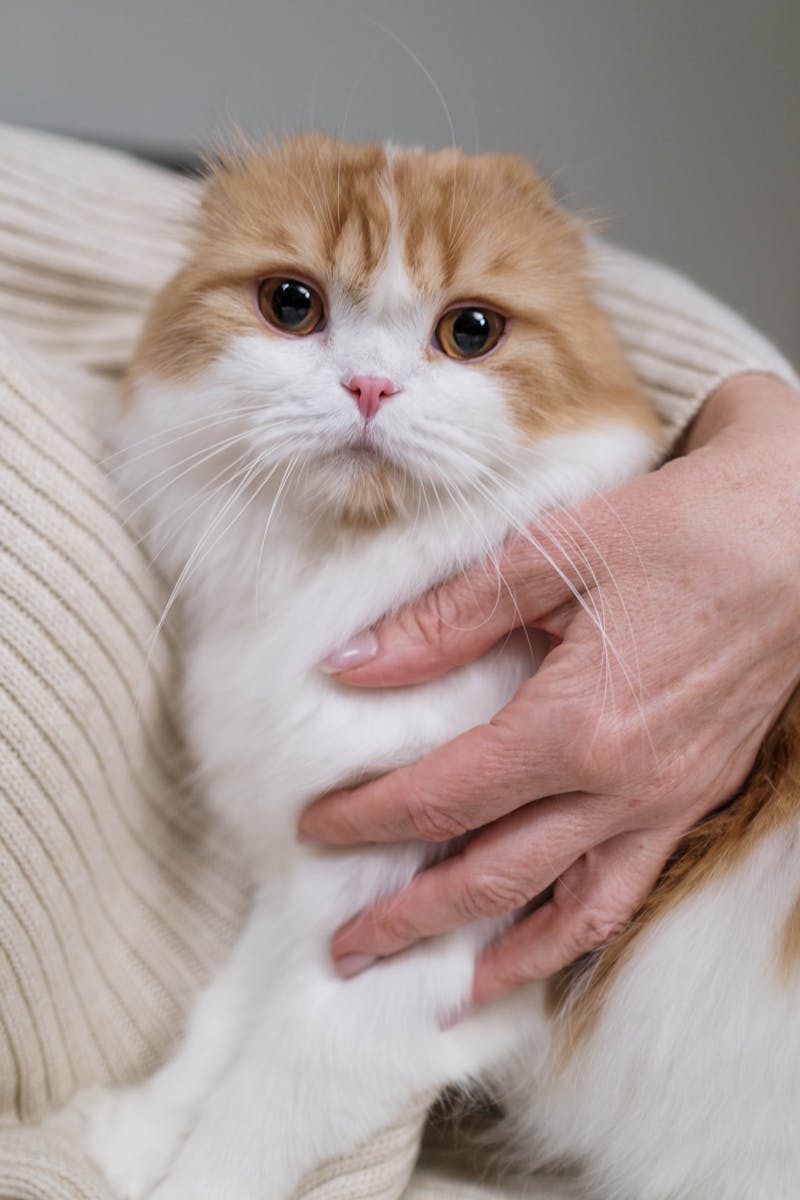Common emergency scenarios
Cat Emergencies – Modern Cat highlights the critical times when your feline companion needs immediate veterinary attention. You can read the entire article here. The author emphasizes that cats often hide their illnesses, making it vital for owners to act swiftly when certain symptoms arise. Based on what I’ve learned from my experiences and the information in this article, I’ll discuss some situations where your cat’s health could be in jeopardy.
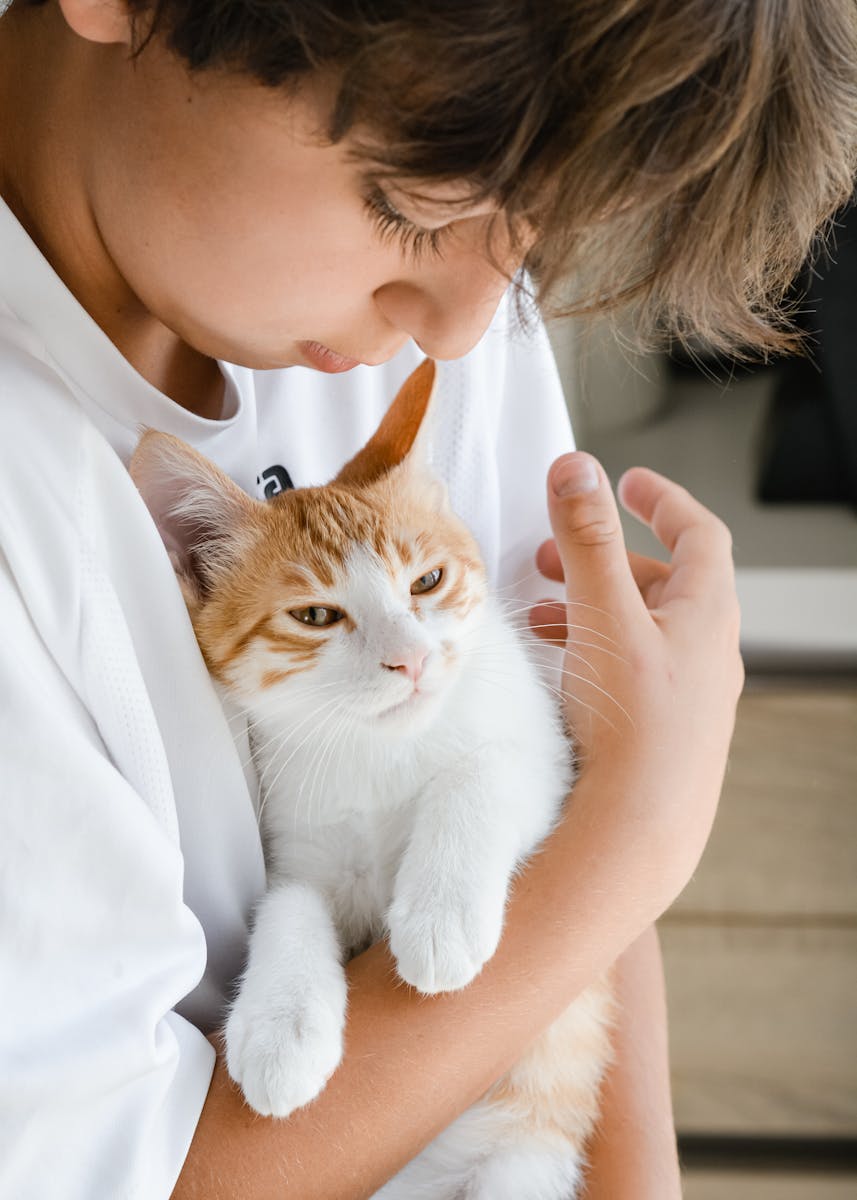
Difficulty breathing: One of the most alarming signs is when a cat struggles to breathe or pants excessively. This could indicate an asthma attack, an allergic reaction, pain, or fluid buildup in the lungs. One of my cats had an asthma attack once, and seeing her in distress was terrifying. We rushed her to the vet, who provided the necessary treatment. Quick action is paramount in such cases.
“If your cat is struggling to breathe or panting excessively, it’s a medical emergency.”
Severe injuries: Cats are agile, but accidents happen. If your cat has been hit by a car, attacked by another animal, or suffered a fall, they might have internal injuries or broken bones. Fred, my rescue Maine Coon, once fell from a considerable height, leading to a fractured leg. Immediate veterinary care ensured he recovered without complications.
Ingesting toxic substances: Cats are notorious for their curiosity. Household items, certain plants, and medications can be toxic to them. One of our fosters chewed on a bit of a lily. Luckily, we noticed right away and and sought emergency veterinary help. The vet mentioned that time is critical in such poisoning cases, as highlighted in the article.
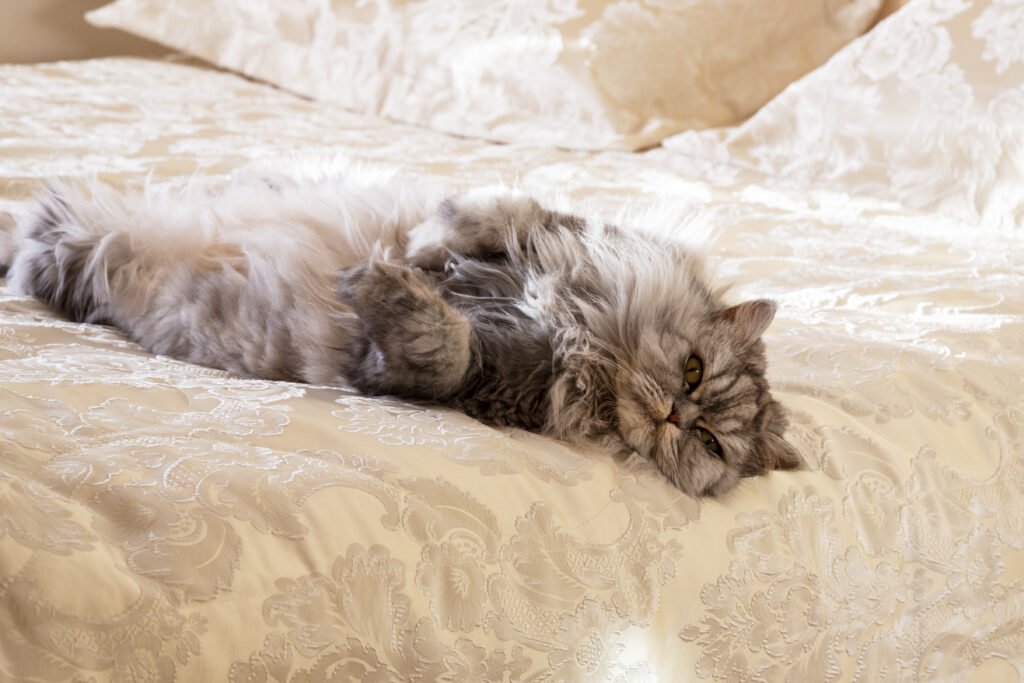
Photo: Annanelidova/bigstock.com
Difficulty urinating: If your cat strains to urinate or vocalizes during the process, it might have a urinary blockage. This is a severe, potentially life-threatening condition, particularly in male cats. One of our foster kittens, a male, experienced this, and it required emergency intervention to alleviate the blockage and prevent kidney damage.
Lethargy: A sudden change in your cat’s energy levels might indicate a serious issue. If they become lethargic and disinterested in their surroundings, it’s essential to consult a vet. Early intervention can make a significant difference in prognosis.
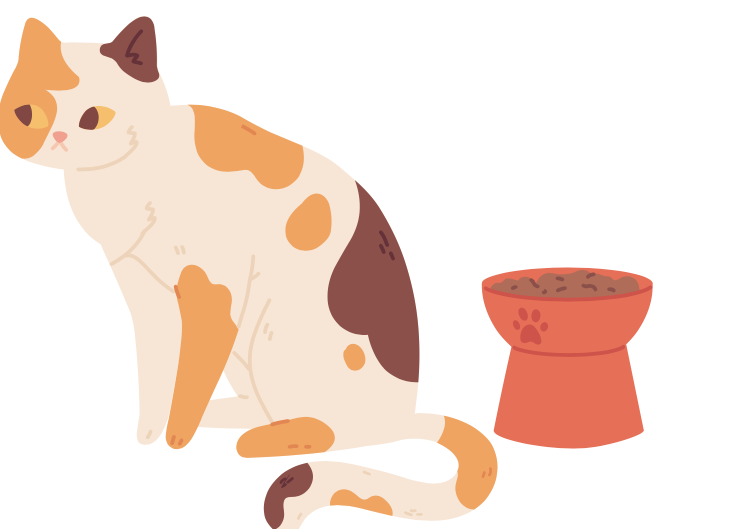
Photo: ssstocker/bigstock.com
Loss of appetite: While cats can be finicky, a complete loss of appetite suggests underlying health issues. Factors like kidney disease, digestive problems, infections, or dental issues could be the culprits. It’s always wise to seek veterinary advice if your cat refuses food for an extended period.
Summary of Common Emergency Scenarios
| Scenario | Possible Causes | Immediate Actions |
| Difficulty breathing | Asthma, pain, allergic reaction, fluid in lungs | Seek immediate vet attention |
| Severe injuries | Hit by car, animal attack, fall | Rush to vet for assessment |
| Ingesting toxic substances | Medications, cleaning products, toxic plants | Contact vet immediately |
| Difficulty urinating | Urinary blockage | Seek emergency vet care |
| Lethargy | Serious health issue | Consult vet |
| Loss of appetite | Kidney disease, digestive issues, infection, dental problems | Seek veterinary advice |
These scenarios from the article underscore the importance of being vigilant with your cat’s health. By recognizing and acting on these signs, you can ensure your feline friend receives timely and potentially life-saving care.
Importance of early intervention
Persistent vomiting or diarrhea: If your cat experiences ongoing vomiting or diarrhea, it’s more than just a minor inconvenience. This could point to a variety of health concerns, from gastrointestinal disorders to infections. Dehydration sets in quickly with these symptoms, exacerbating the issue. Our foster kittens occasionally have bouts of upset stomachs, but if it lasts more than 24 hours, it’s always a trip to the vet to make sure nothing serious is going on.
Changes in behaviour: Any sudden switch in your cat’s demeanor should never be ignored. Cats might start hiding, displaying aggression, or avoiding interaction altogether, as indicators of pain, stress, or illness. I remember Fred once became unusually withdrawn, and it turned out there was an underlying dental issue causing him significant discomfort. Addressing the problem early helped ease his pain quickly.
Unexplained weight loss: Weight loss in a cat that maintains its usual diet can signal something is amiss. Conditions such as hyperthyroidism, diabetes, or even cancer might be to blame. It’s always unsettling to see a pet lose weight mysteriously. Not long ago, Pixel began shedding pounds rapidly, and it was essential to rule out serious conditions through immediate veterinary intervention.
Seizures: Observing your cat experience a seizure is undoubtedly alarming. Seizures can be symptoms of various underlying disorders, including epilepsy or exposure to toxins. Some time ago, a friend’s cat had a seizure after accidental ingestion of household cleaner. The emergency vet stabilized the cat and investigated the cause. Emergency attention is needed when this happens; ignoring or delaying treatment can lead to more severe outcomes.
Sudden paralysis of the hind leg(s): If your cat is suddenly unable to move one or both hind legs, it’s a dire emergency. This could stem from serious issues like a blood clot or spinal cord injury. Immediate medical response is essential to avoid permanent damage. Witnessing a pet in such a state is heartbreaking, and urgent veterinary care can make all the difference in their recovery and comfort.
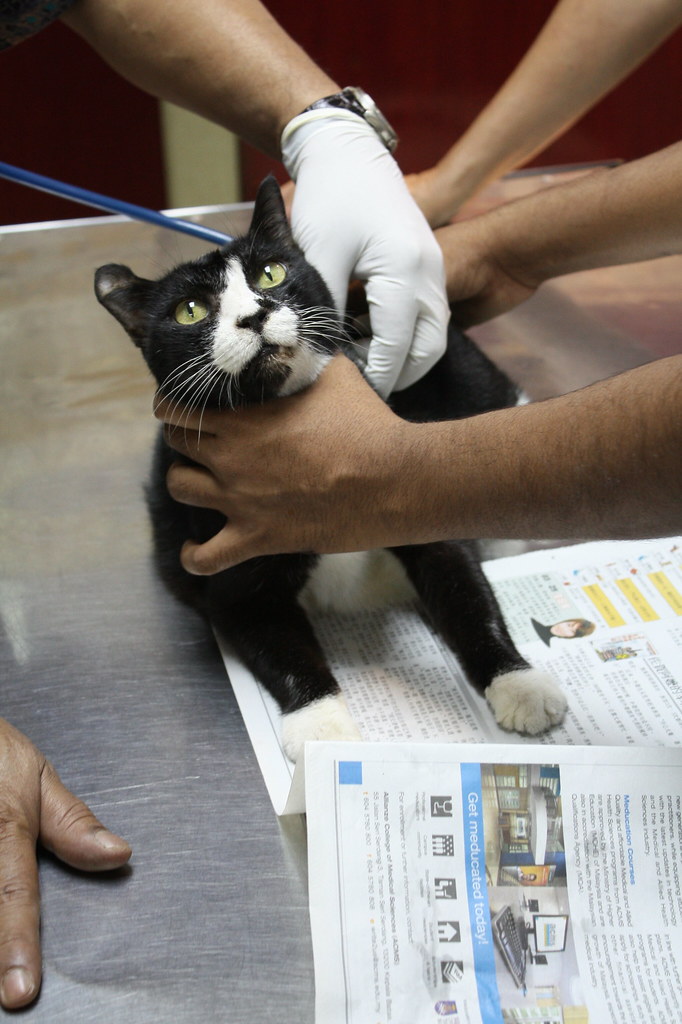
These emergency scenarios outlined in the article illustrate how crucial it is to be observant and proactive about your cat’s health. Taking swift action can often result in better outcomes and prevent conditions from worsening. If you notice these or any other concerning symptoms, it’s always best to consult a vet without delay. To read more about these emergencies and other essential advice for cat owners, visit Modern Cat.
